Temporo-Mandibular Disorders (TMD) occur as a result of problems with the jaw, jaw joint and surrounding facial muscles that control chewing and moving the jaw. These disorders are often incorrectly called TMJ, which stands for temporo-mandibular joint.
What Causes TMD?
The cause of TMD is not clear, but dentists believe that symptoms arise from problems with the muscles of the jaw or with the parts of the joint itself.
Injury to the jaw, temporo-mandibular joint, or muscles of the head and neck – such as from a heavy blow or whiplash – can cause TMD. Other possible causes include:
- Grinding or clenching the teeth, which puts a lot of pressure on the TMJ
- Dislocation of the soft cushion or disc between the ball and socket
- Presence of osteoarthritis or rheumatoid arthritis in the TMJ
- Stress, which can cause a person to tighten facial and jaw muscles or clench the teeth

